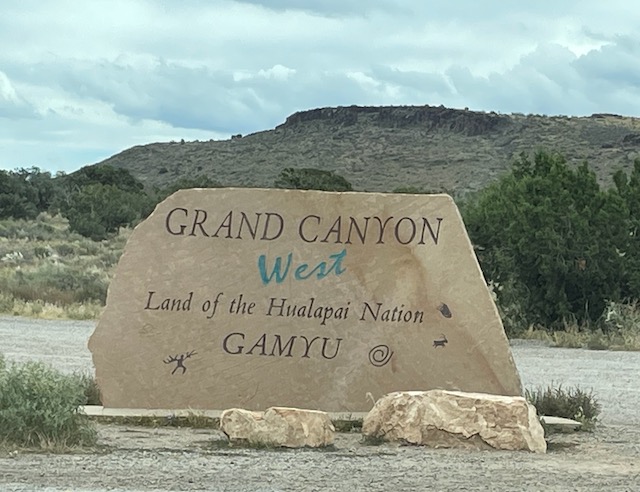Negotiation seems scary to some people, but the reality is that we negotiate every day to an extent. From hard-working parents who had to deal with kids crying or throwing a tantrum at the store to the a salesperson trying to land a deal, we all negotiate everyday. However, some people also seemed more skilled at it than others.
If you’ve ever taken any negotiation course, one of the most basic negotiation theories that is taught is BATNA. Personally, I find the acronym a bit sleep-inducing, but BATNA stands for “Best Alternative to a Negotiated Agreement”. It is just as the term implies: it’s your “best” alternate plan if an agreement can’t be reached. Generally speaking, you shouldn’t come to any resolution that is worse than your BATNA.
PUTTING YOUR NEGOTIATION SKILLS INTO PRACTICE
I knew I needed to brush up on my negotiation skills when I was making plans to visit China and South Korea. I’m used to seeing price tags on items, so I often thought that sellers could make up any numbers if there are no tags. It’s not a wrong assumption, but I’ve come to realize that “most” sellers would want to offer reasonable prices in order to make a sale. This does not mean buyers are off the hook; sellers want to maximize profit so the onus is still on the buyers to be informed buyers.
Here are a few simple tips:
1. Negotiate in good faith
If you really want the item and the asking price is fair, don’t haggle just for the sake of haggling. You want to negotiate in good faith. If you low-ball too much, the seller will reject your offer and is less inclined to work with you if they think you’re not a serious buyer. Imagine your reaction if you put your house on the market at a fair market price of $300k, and somebody comes in and makes a offer at $150k…
In certain places, it’s a common to negotiate, so don’t let your own discomfort over negotiation hold you back.
2. Knowing when to walk away
Always have a BATNA — it helps you to figure out if you should continue the conversation or walk away. A prime example: I was walking in the underground passageway in Seoul when a windbreaker at one of the shops caught my eyes. It was a casual unbranded windbreaker, and I’d price it at $35-40USD tops. What the shopowner did next bothered me a lot. I actually caught him doing a calculating expression that says it all, “Hmmm, they are foreigners; how high should I set my starting price?”
I knew immediately that this shopowner want to take us for a ride. After a long pause, he came up with “70000” WON (or ~$60USD). The quality of the windbreaker is not worth that price. I didn’t counter-offer. I said a quick thanks in Korean and walked away. I didn’t want to negotiate with him, period. It’s hard to do business with someone whom you perceived to be dishonest and did not negotiate in good faith.
3. Recognize that the Other Party has a BATNA too
When you are in a negotiation, there are two interests at stake – yours and theirs. Recognize that while you have a BATNA, the other party does as well. On the same trip to Seoul, a lady was selling random things at the outside stand I took a liking to a paper fan and thought it’d make a good souvenir. She quoted me 2000 WON, and that was fine by me. I like the design well enough and figured that 2000 WON is her BATNA.
Then, someone in my party took a liking to another paper fan, but the owner quoted 3000 WON. I wasn’t interested in the paper fan at that price point. After some light back and forth, I held 4 fingers up, gesturing 4000 for both. She considered the offer, then nodded as she handed us the fans. It’s a deal! She made a sale, and we felt like we got the items at a fair price. It’s a win-win!
Summary
These are incredibly simple examples over small items, but the concept remains the same. Negotiate in good faith. Know when to walk away. Set reasonable and achievable goals. Don’t tackle negotiation with a win-lose mindset. A win-win negotiation is important, especially if you plan to have an ongoing relationship with the other party.
Are you good at negotiation? What have you negotiated that you are most proud of? Or maybe not so proud of?












